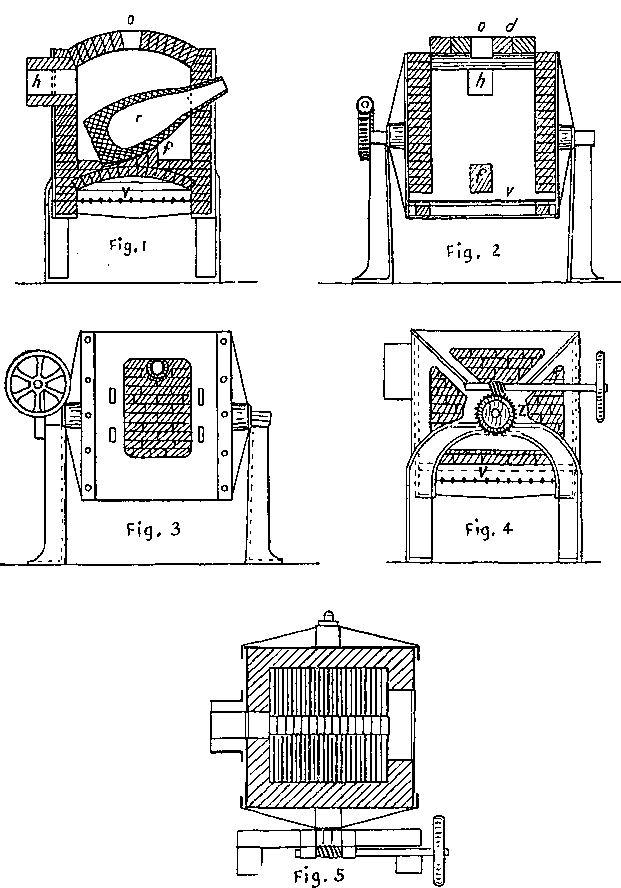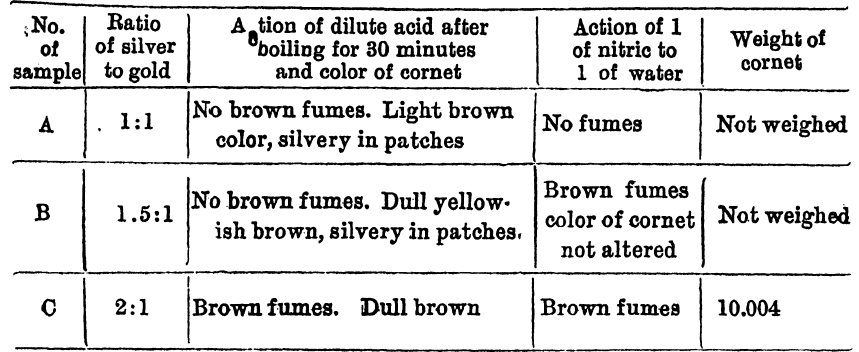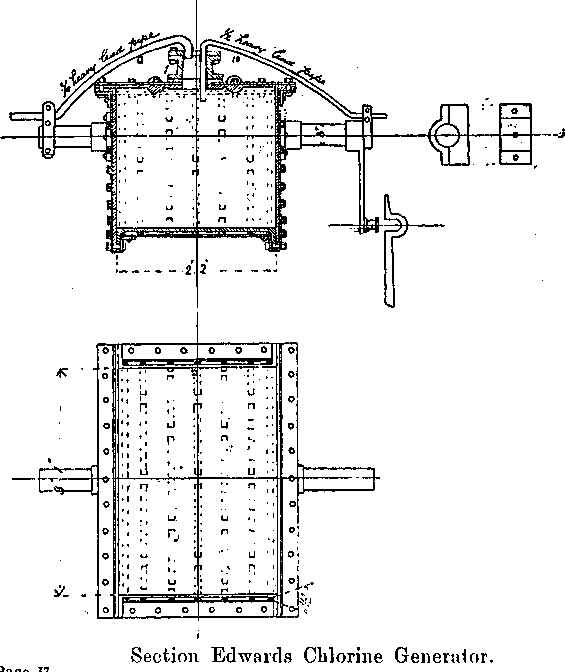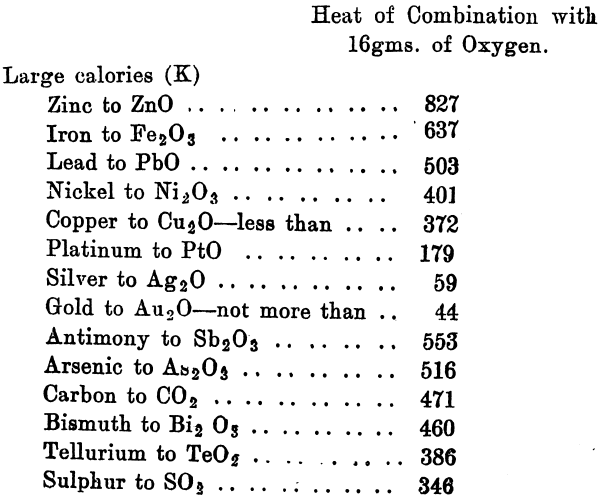Treatment of Cyanide Precipitate AKA Gold Pregnant Solutions
Comparatively little trouble was experienced in gold milling with regard to the preparation of a pure bullion until the advent of the cyanide process. When ores were smelted the litharge method of elimination of baser metals and the subsequent parting had been worked out in fine detail. When alluvial gold was collected and smelted the … Read more





